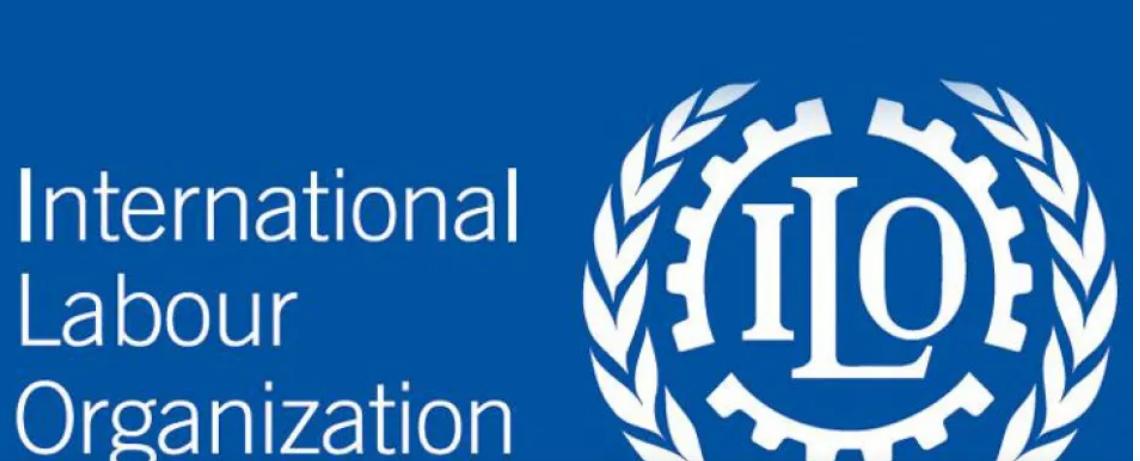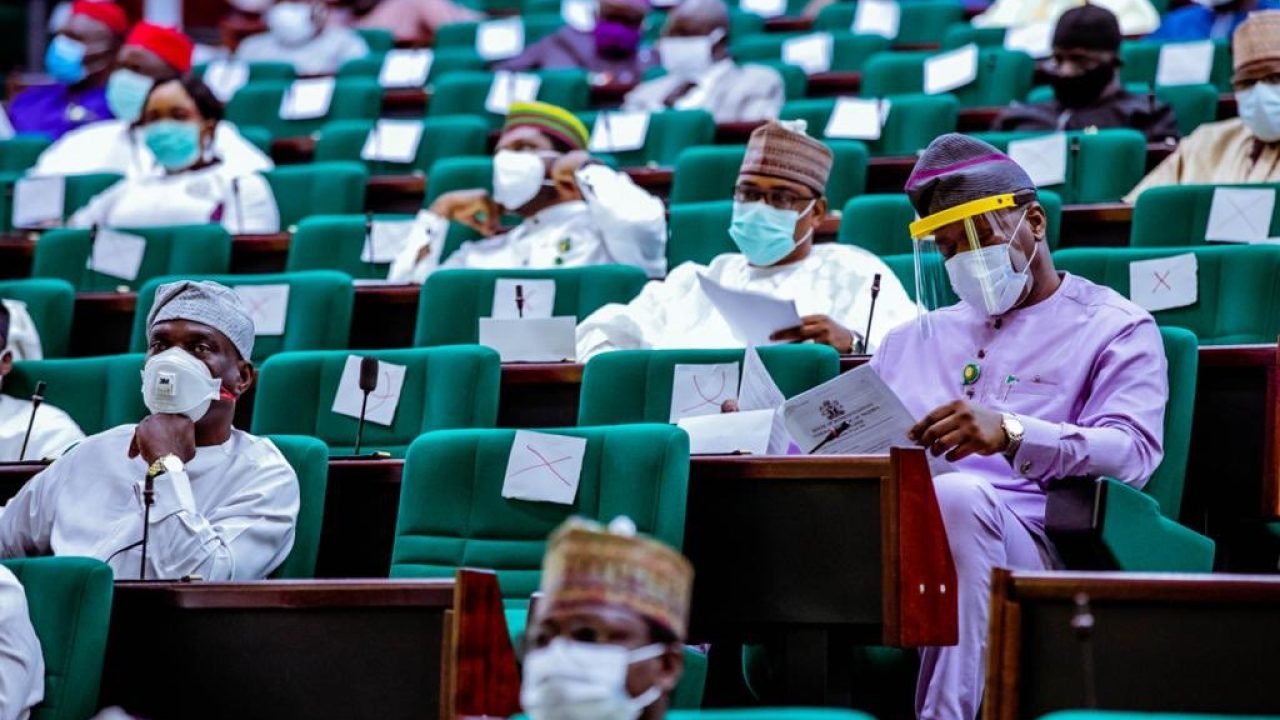Jobs recovery is stalled worldwide, and disparities between advanced and developing economies are threatening the whole global economy, the International Labour Organisation warned on Wednesday.
The agency is projecting that global hours worked this year will be 4.3 per cent below pre-pandemic levels, the equivalent of 125 million full-time jobs. This is a dramatic revision of the projection made in June of 3.5 per cent or 100 million full-time jobs.
The eighth edition of the ILO Monitor, ‘COVID-19 and the world of work’, also warned of a “great divergence” between developed and developing countries, saying it will persist without concrete financial and technical support.
In the third quarter of 2021, total hours worked in high-income countries were 3.6 per cent lower than the fourth quarter of 2019, before the pandemic hit.
By distinction, the gap in low-income countries stood at 5.7 per cent and in lower-middle-income countries at 7.3 per cent.
From a regional perspective, Europe and Central Asia experienced the smallest loss in hours, around 2.5 per cent. Asia and the Pacific followed this at 4.6 per cent.
Africa, the Americas and the Arab states showed declines of 5.6, 5.4 and 6.5 per cent respectively. This great divergence is largely driven by major differences in the roll-out of vaccinations and fiscal stimulus packages.
Estimates indicate that for every 14 persons fully vaccinated in the second quarter of 2021, one full-time equivalent job was added to the global labour market. This substantially boosted the recovery.
In the absence of any vaccines, globally, the loss in hours worked would have stood at six per cent in the second quarter of 2021, rather than the 4.8 per cent recorded.
The highly uneven vaccine rollout means that the effect was largest in high-income countries, negligible in lower-middle-income countries and almost zero in low-income countries.
According to ILO, the imbalances could be rapidly addressed through greater global solidarity in respect of vaccines. The agency estimated that if low-income countries had more equitable access to vaccines, working-hour recovery would catch up with richer economies in just over one quarter.
Fiscal stimulus continued to be the other key factor in the trajectories of recovery. However, the gap remains largely unaddressed, with around 86 per cent of all measures concentrated in high-income countries.
On average, an increase in the fiscal stimulus of one per cent of annual GDP increased annual working hours by 0.3 percentage points relative to the last quarter of 2019.
The disaster has also impacted productivity, leading to greater disparities. The productivity gap between advanced and developing countries is projected to widen to the highest level since 2005.
ILO director-general, Guy Ryder, highlighted the unequal vaccine distribution and fiscal capacities saying that “both need to be addressed urgently.”
He pointed to the Global Call to Action for a human-centred COVID-19 recovery, a roadmap adopted last year by the International Labour Conference that commits countries to ensure that their recovery is fully inclusive, sustainable and resilient.
“It is time to implement this roadmap, which is fully aligned with and supports the UN’s Common Agenda and its Global Accelerator for Jobs and Social Protection,” Mr Ryder said.







